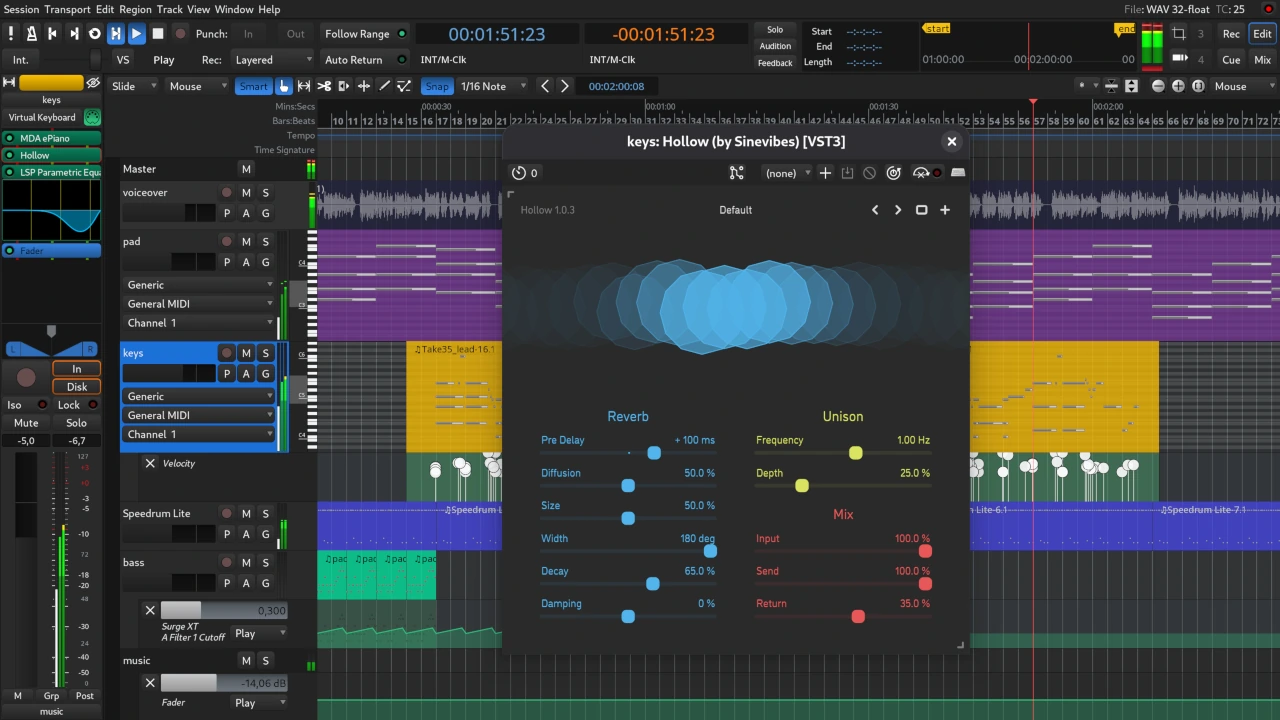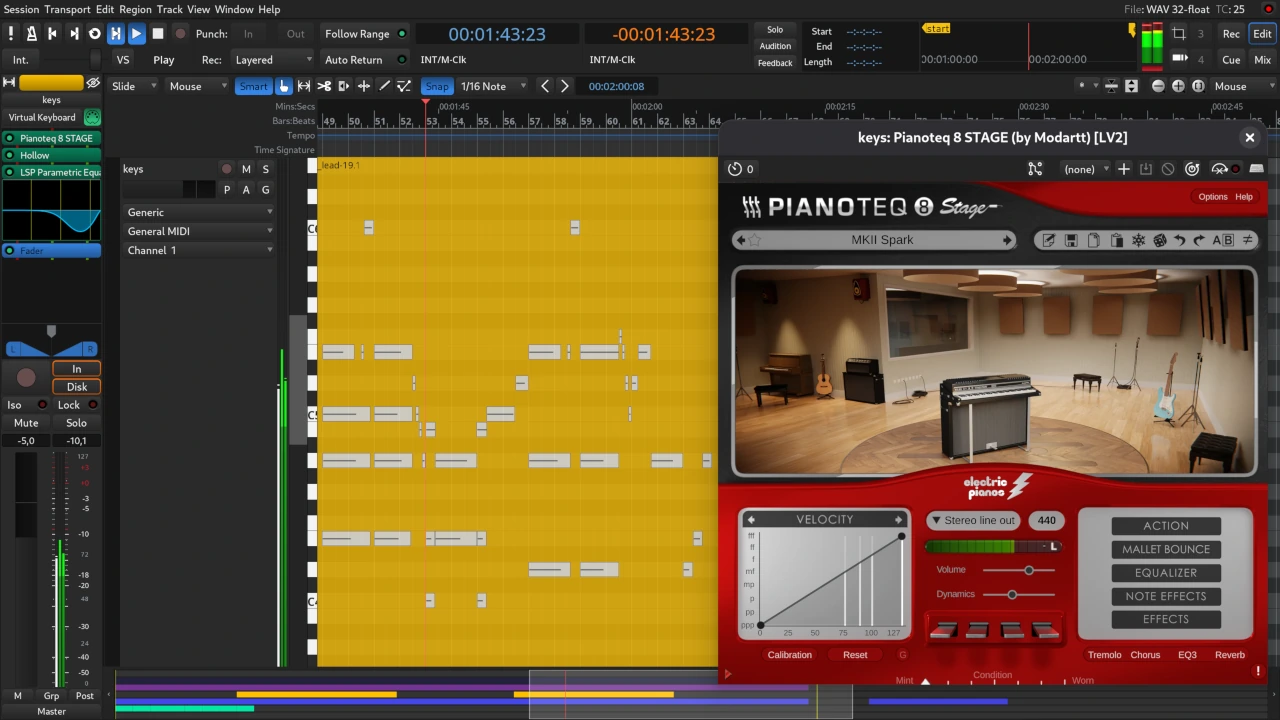From Libre Arts: link to the original post
Steinberg recently announced that they are changing the licensing of both VST3 and ASIO. VST3 is now MIT-licensed instead of GPLv3+/proprietary, and ASIO is GPLv3+/proprietary rather than just proprietary. Let’s pick the news apart bit by bit.
VST3
This iteration of the plugin SDK has always been available under the dual GPLv3+/proprietary license. Changing the license to MIT means two things:
- Companies don’t have to sign any agreements with Steinberg anymore.
- Steinberg, therefore, now cannot enforce any ridiculous policies on plugin developers the way they did it with VST2.
Here is what’s not going to happen:
- Developers won’t release more plugins for Linux because of that.
- Developers won’t release more plugin hosts (such as DAWs) for Linux because of that.
I’m not talking out of my arse here.
Building a VST3 for Linux is not rocket science, especially if you use a crossplatform framework like JUCE.
I was an early beta tester of Sinevibes plugins for Linux. Artemiy only needed to set up an Ubuntu system and a basic build environment, which only took a couple of hours. The rest was adding literally one line of code to define the path to where presets should be stored, launch the build, and write an install.sh. That’s really it.

VST3 availability under the terms of the MIT license is not changing the build process in any way. Nor does it make Linux more interesting all of a sudden.
What will affect plugin developers is availability of more proprietary DAWs on Linux. Something like FL Studio getting a native Linux port would probably make some developers reconsider their position.
As for hosts, nothing prevents DAW developers from releasing native ports, as is evidenced by Bitwig, Presonus Studio One, Reaper, etc. All they need is assurance that this will be worth the effort. Unfortunately, most are stuck in the vicious circle:
- DAW developers want more proprietary plugins and more official audio hardware support for Linux.
- Plugin developers want more proprietary DAW support for Linux.
- Audio hardware vendors want more proprietary DAW and plugins support for Linux.
This really mostly applies to larger companies. Smaller companies and indie devs are more courageous. You can see it by how few Presonus-level companies make Linux releases as compared to how many indie devs build their plugins for Linux (check out this recent blog post by Amadeus Paulussen for an extensive list).
I’m not sure if CLAP’s moderate success affected the new VST3 licensing, but Steinberg’s policies were #1 reason for creating the new plugin API.
ASIO
Audio Stream Input/Output (ASIO) is a driver protocol that provides low latency when using audio interfaces on Windows for recording and playback. For ASIO, Steinberg dropped proprietary-only licensing and moved to the GPLv3+/proprietary combo.
This is where you may see some limited change. This will mostly affect free software that works on Windows. One notable example is OBS: Steinberg is now in a technical partnership with the project.
It’s entirely possible that some FOSS hosts will get a straightforward ASIO support on Windows, although I don’t really know of many. LMMS seems to be using PortAudio that already has ASIO support. Ardour definitely uses PortAudio with confirmed ASIO support, so there you go. Peter Kirn mentions VCV Rack though, and that sounds like a sensible idea.
For Linux users, the relevance of this licensing change is zero.
In conclusion
Personally, I don’t expect any major news for Linux users here. Neither VST3 nor ASIO licensing change will get us more software, FOSS or otherwise. All we realistically can do is vote by our wallets and give money to developers and companies who are friendly to this community. I mean this in the most sincere way.
Focusrite was among the several companies that supported FFADO back when Firewire was still cool, so I got Saffire Pro 24. Years later, they supported Geoffrey Bennett’s work on getting their USB audio interfaces first-class support on Linux, and so my next audio interface will a focusrite again (currently on Scarlett 2i4 gen1).
Pianoteq added Linux support early on, and I’ve been their customer since v5 (2013). The same goes for Sinevibes and a few more developers whose stuff I actually need.

If we all do this sort of thing, this may not tip the scale to get Native Instruments to port their sampler engine and make a ton of orchestral libraries available. But it may give folks like David Healey of Libre Wave an incentive to produce more complex sample libraries and eventually get there.

You must be logged in to post a comment.